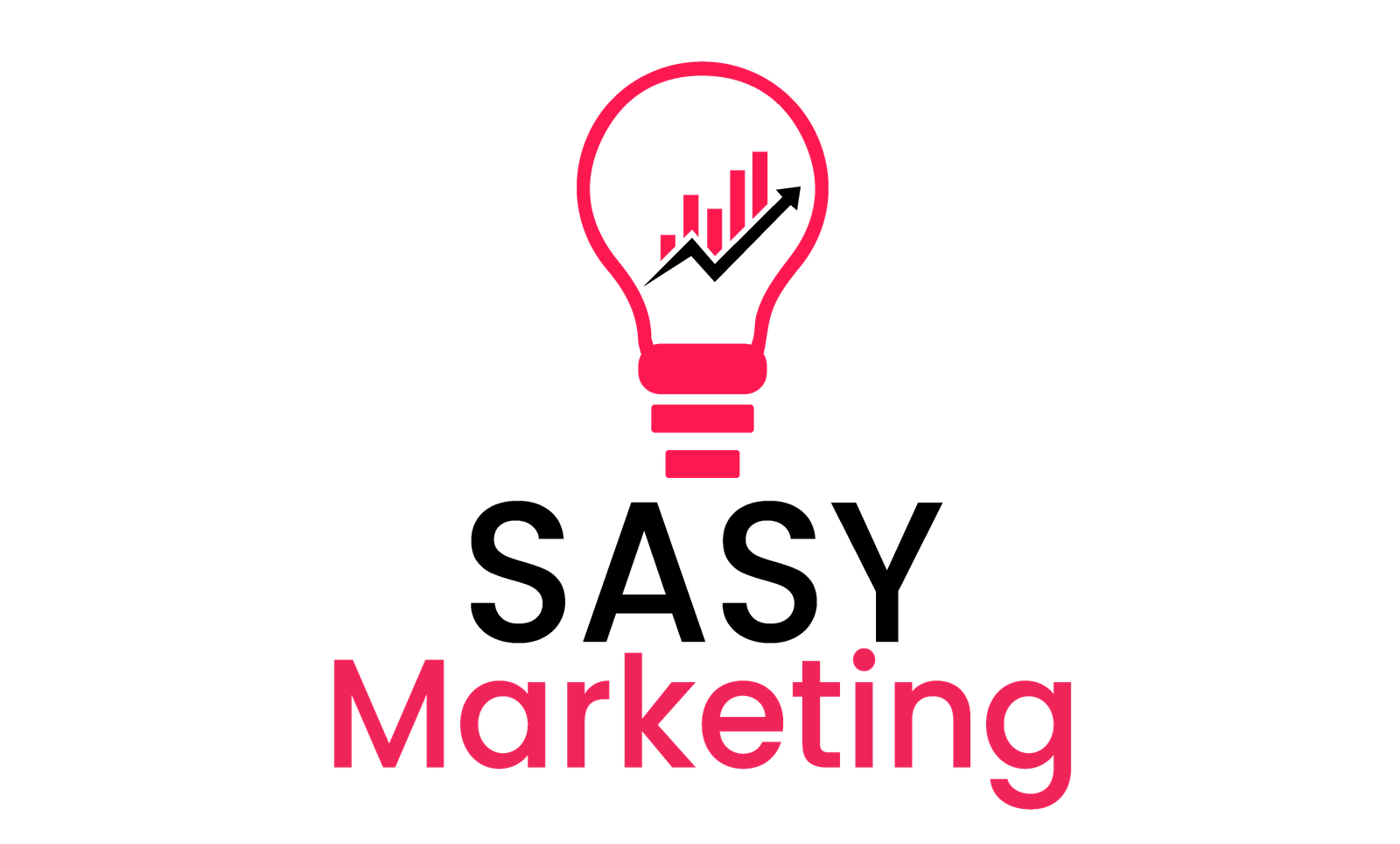The Power of Webinars: Leveraging this Marketing Tool for Your Business

Webinars have become an increasingly popular marketing tool for businesses, especially in the digital age. Webinars allow companies to engage with their target audience, generate leads, build brand credibility, and educate their customers and prospects about their products and services. In this article, we will explore the power of webinars and how businesses can leverage this marketing tool to drive growth and success.
Benefits of Webinars for Business Marketing
Cost-Effective Marketing Tool
Webinars are a cost-effective marketing tool compared to other traditional marketing channels such as events, trade shows, and print advertising. Live webinar platforms require minimal investment in terms of logistics, travel, and other expenses. Moreover, businesses can save costs by reusing webinar content and distributing it on their website or social media channels.
Lead Generation
Webinars are an effective way to generate leads and nurture relationships with potential customers. By promoting webinars to their target audience, businesses can attract attendees who are interested in their products or services. During the webinar, businesses can collect attendee information such as their name, email address, and other relevant data that can be used to follow up with them after the event.
Brand Building and Credibility
Webinars can help businesses establish themselves as thought leaders and experts in their industry. By delivering informative and engaging content, businesses can build trust and credibility with their audience. Additionally, webinars can help reinforce a company’s brand image and personality, making them more relatable and appealing to their target market.
Education and Thought Leadership
Webinars are an excellent platform for educating customers and prospects about a company’s products and services. By providing valuable insights and expert advice, businesses can help their audience solve problems and make informed decisions. Moreover, Live webinar platforms
can position businesses as thought leaders in their industry, enhancing their reputation and authority.
Engagement and Interaction with Target Audience
Webinars enable businesses to engage and interact with their target audience in real-time. Attendees can ask questions, share feedback, and interact with the presenter and other attendees during the Q&A session. This level of engagement can help businesses understand their customers’ needs, preferences, and pain points, allowing them to tailor their marketing strategies and offerings accordingly.
Creating a Webinar: Tips and Best Practices
Identifying the Purpose and Objectives
Before creating a webinar, businesses should define their purpose and objectives. They should determine what they want to achieve with the webinar and how it aligns with their overall marketing goals. For example, a business may want to generate leads, educate their audience, or establish thought leadership in their industry.
Choosing the Right Topic and Title
Selecting the right topic and title is critical for the success of a Live webinar platform. The topic should be relevant and interesting to the target audience, and the title should be clear, concise, and attention-grabbing. Businesses can conduct market research, analyze industry trends, and use customer feedback to identify the best topic and title for their webinar.
Developing the Content and Presentation
Businesses should develop the content and presentation for their webinar based on their purpose and objectives. The information should be interesting, pertinent to the target audience, and informative. Businesses can successfully deliver their information using a variety of formats, including slides, videos, and live demonstrations. The presentation ought to be aesthetically appealing, simple to understand, and organized logically.
Selecting the Right Speakers and Hosts
The speakers and hosts of a webinar play a crucial role in its success. They should be knowledgeable, experienced, and engaging to capture the audience’s attention and keep them interested throughout the webinar. Businesses can choose internal or external experts as speakers, depending on their topic and target audience.
Promoting the Webinar
Promoting the webinar is essential to attract the target audience and generate leads. Businesses can use various channels such as email, social media, paid advertising, and content marketing to promote their webinar. They should create compelling and personalized messages that resonate with the target audience and encourage them to register for the webinar.
Preparing the Technical Setup and Equipment
Preparing the technical setup and equipment is essential for delivering a smooth and seamless webinar. Businesses should ensure that they have the necessary hardware and software, a stable internet connection, and adequate lighting and sound equipment. They should conduct a test run to check the audio and video quality and ensure that everything is working correctly.
Hosting the Webinar and Managing the Q&A Session
Hosting the webinar requires effective communication, organization, and time management skills. The host should introduce the speakers, welcome the attendees, and guide them through the webinar. The Q&A session is an opportunity for attendees to interact with the speakers and ask questions. The host should manage the Q&A session effectively, prioritize the most relevant questions, and provide clear and concise answers.
Following Up with Attendees
Following up with attendees after the webinar is essential to convert leads into customers. Businesses can send personalized thank-you emails, offer additional resources, and invite them to upcoming webinars or events. They should also track the attendees’ engagement and behavior and use the insights to improve their future webinars.
Examples of Successful Webinars and Case Studies
HubSpot’s Inbound Marketing Webinars
HubSpot is a leading provider of inbound marketing software and services. They use webinars as a core component of their marketing strategy, offering various topics such as lead generation, content marketing, and sales enablement. HubSpot’s webinars have generated over 1 million leads and helped them establish thought leadership in the inbound marketing industry.
Shopify’s Ecommerce Webinars
Shopify is an e-commerce platform that enables businesses to create and run online stores. They offer webinars to help their customers and prospects learn about e-commerce best practices, online marketing, and product photography. Shopify’s webinars have generated over 500,000 leads and helped them position themselves as experts in the e-commerce industry.
Zoom’s Social Media Marketing Webinars
Zoom is a social media management platform that helps businesses manage their social media presence. They offer webinars on various topics such as social media strategy, content creation, and social media analytics. Zoom’s webinars have generated over 100,000 leads and helped them establish thought leadership in the social media marketing industry.
It’s A Wrap
In conclusion, Online free webinar platforms are a powerful marketing tool that businesses can use to generate leads, educate their audience, and establish thought leadership in their industry. By choosing the right topic and title, developing engaging content and presentation, selecting the right speakers and hosts, promoting the webinar, preparing the technical setup and equipment, hosting the webinar, managing the Q&A session, and following up with attendees, businesses can deliver a successful webinar that achieves their goals and objectives. Successful examples of webinars include HubSpot’s inbound marketing webinars, Shopify’s ecommerce webinars, and Zoom’s social media marketing webinars. Businesses that leverage webinars effectively can gain a competitive advantage, improve their brand reputation, and drive business growth.







